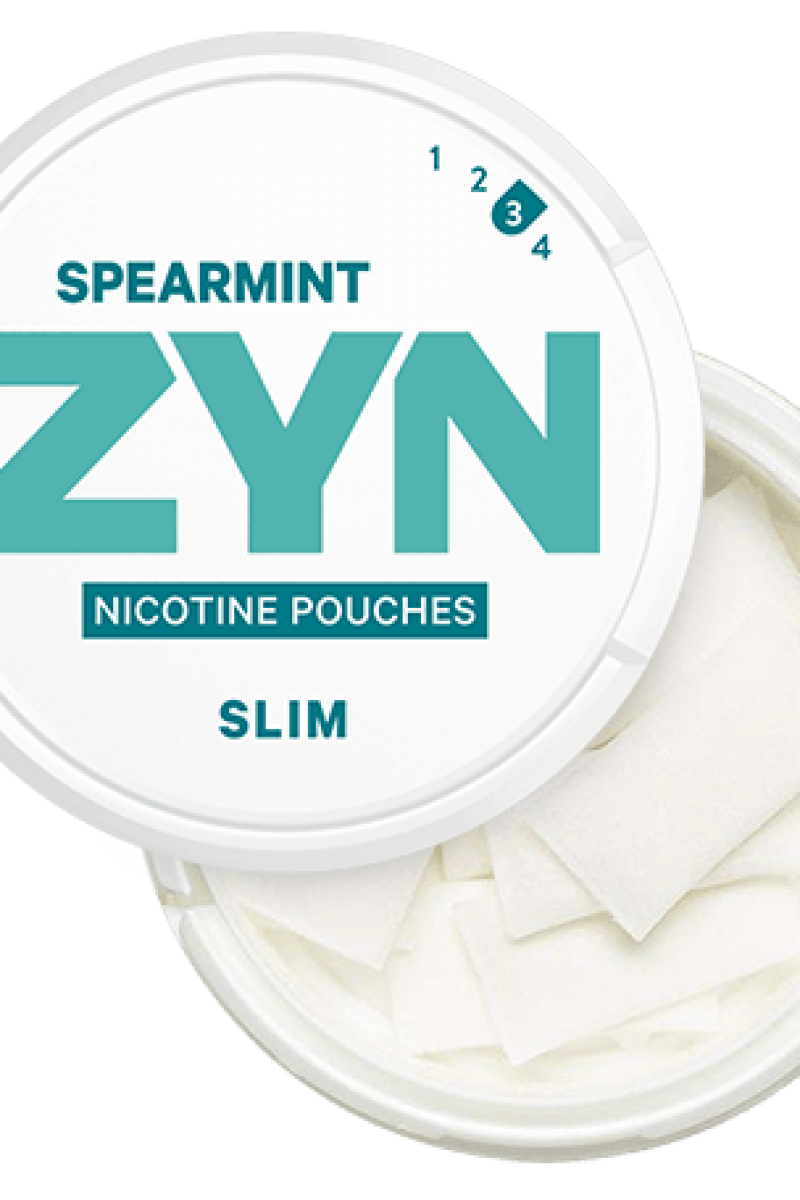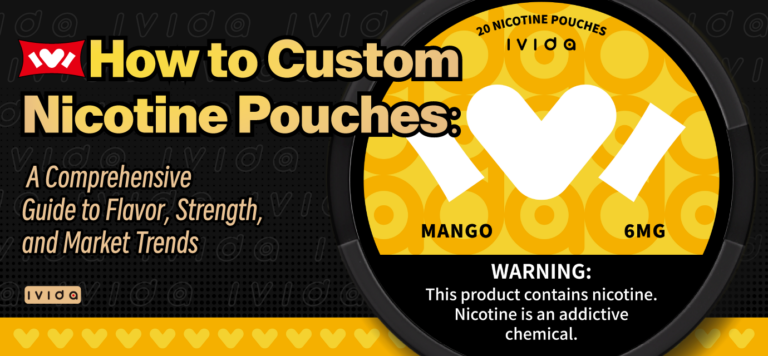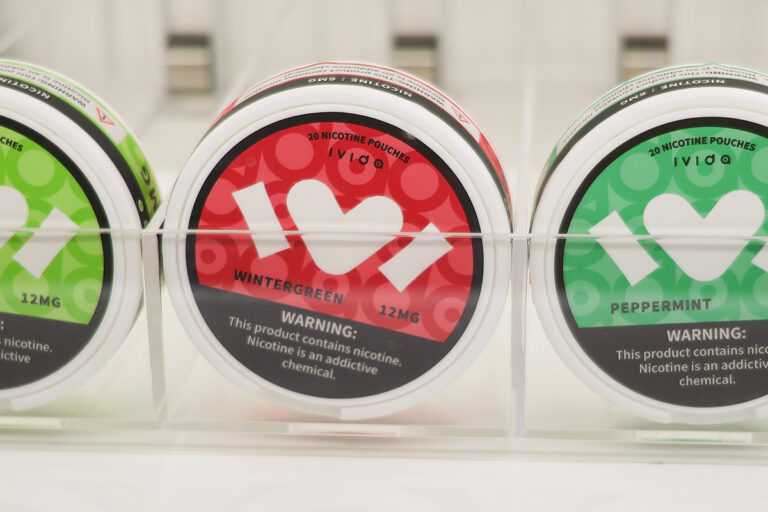Industry News | New Research on Nicotine Pouches and Zyn’s Challenges
Nicotine Pouch NEWS
Industry News | New Research on Nicotine Pouches and Zyn’s Challenges
Today, I bring two updates about nicotine pouches—one positive and one challenging—highlighting the rapid growth and increasing regulation within the nicotine pouch market.
New Research Highlights the Health Risk Reduction Potential of Nicotine Pouches
Researchers recently conducted three studies on British American Tobacco’s (BAT) nicotine pouch product, Velo:
•First Study (Bishop et al. 2020): This study introduced a method for preparing extracts from tobacco and nicotine products in vitro and evaluated BAT’s Velo against a cigarette and a snuff product. The findings supported nicotine pouches as a reduced-risk product.
•Second Study (East et al. 2021): Using the method from the first study, researchers tested various Velo flavors and nicotine concentrations in cultured lung cells and a physiologically relevant oral cell model. Results showed no significant toxicity across all tested product variants, indicating that the flavors and nicotine concentrations used in these tests did not increase cytotoxicity indicators for nicotine pouches.
•Third Study (Yu et al. 2024): This study applied traditional and contemporary tests, including DNA damage and mutation testing, on a range of Velo products previously studied, and also evaluated inflammation. Results indicated Velo products performed much lower in these risks than snuff products.
All three studies suggest that nicotine pouches present a lower health risk than similar tobacco products, making them a safer alternative. The research further indicates that added flavors and increased nicotine concentrations do not raise health risks, which is reassuring for those concerned about these factors. These encouraging results signal to smokers that nicotine pouches are a viable smoking alternative and may boost the growth of the nicotine pouch market.
Zyn’s Challenges
The popular nicotine pouch brand Zyn, owned by Philip Morris International, is currently facing several challenges in the U.S. market:
1.FDA Investigation: As the largest nicotine pouch brand in the U.S., Zyn is under investigation by the FDA due to the absence of an official authorization. Zyn applied for FDA authorization in 2020, but the application is still pending, which means Zyn has been selling products without approval, violating FDA regulations.
2.Advertising Concerns: Zyn spends heavily on advertising across platforms like YouTube, TikTok, and Instagram, where the primary audience is often teens and young adults. U.S. senators are concerned that these ads could lead to increased nicotine use among young people and are advocating for stricter regulations on Zyn.
3.Product Shortages: Zyn products are difficult to find in the U.S., prompting some customers to switch to other nicotine pouch brands, thus allowing competitors to capture Zyn’s market share. The shortage is partly due to supply chain issues, and Zyn also halted online sales after being suspected of selling products to minors.
The difficulties Zyn is facing are challenges that many nicotine pouch brands may experience or are already encountering. These issues offer some insights for industry players: 1) It’s essential to coordinate with local regulations in each market; 2) Demand for nicotine pouches currently exceeds supply; 3) New players have opportunities to capture market share in this complex market.
These two updates underscore several key takeaways: the products are safe and worth choosing; the industry is increasingly regulated and promising; the market is on the right track and worth participating in; supply chain quality is crucial; and prioritizing quality is vital.







-qwpax3rd2nto0i9lm3wb0nde9r42qenn9so2lk7sb4.png)